
Madrasa 15: Deoband and Its Movement
-
Alternate Education
- at 22 June 2012
SYED JAWED ANWAR
First Published: Published: Muslims Weekly, New York August 6, 2004, Issue #231
AFTER British occupation, India was in a situation in which financial resources were completely under control of the new government and it was extremely unfavorable to run an Islamic educational institution. There was a danger of discontinuation of Imams and educators of Qur’an, Hadith and Fiqah. A group decided to establish institutions in which Imams and Mudarris (teachers) could be continuously produced. This group decided to separate itself from the affairs of politics and business and to restrict its roles to religious affairs. This group’s main concern was to protect the intellectual work of their Islaf (ancestors) and continue Islamic education without undue attention to the new political and economic climate. The leader of this point of view was Maulana Inayat Ahmed Kakorvi. After his release from prison in Andaman in 1860, he established a Madrasah, Faiz e Aam, in the newly developed city of Kanpur, U.P.,India. From his effort, this Madrasah became successful, and noted Ulema (Scholars) were produced from this institution.
However, the public figure of this point of view was Maulana Mohammad Qasim Nanotvi (d.1277H/1880AD). He inaugurated the Madrasah “Darul Uloom” in a village Deoband district Saharanpur, U.P.,India. Keeping distance from and operating independent of the government and depending on public donations were the basic policies of the Madrasah. All the hardships in establishing and running the Madrasah were assumed to be good omens in favor of Madrasah. Maulana Nanotvi wrote in his will, “Until there is no definite source of income, this Madrasah, Insha’Allah [God willing], will be continued flourish. If there will be a certain source of income, like property or factory, or there is a promise of any authority, then it seems that this fear and hope that is a blessing for looking towards Allah, will be gone; hidden help of Allah will be vanished, and dispute will arise among the workers. In short, the paucity must be maintained in income and development.”
The volunteers and teachers of Darul Uloom Deoband Madrasah went all over India to collect the donations, and, in so doing, helped to build a closer public relationship. No educational institution in India had such a large number of sympathizers and promoters.
The syllabus of Mulla Nizamuddin Sahalwi, continuously in development, was implemented in Deoband. The education of hadith, literature, and history was added. In the first year of education, students had to read six books of Sarf (the grammar of Arabic to know the structure of words), three books of Naho (the grammar of Arabic to know the structure of sentences), one book of Adab (Arabic literature), and three books of logic. In the second year, students had to read two books of Sarf, three books of Naho, two books of Adab, two books on Fiqah (Islamic Laws and Jurisprudence), three books on logic, and one book of history; in the third year, one book of Naho, one book on Maani and Bayaan (Arabic idioms, language, writing, and speaking)), one book on Urooz (Arabic Poetry), one book on literature, one book on history, two books on Fiqah, two books on Logic; in the fourth year, one book on Maani and Bayaan, one book on history, one book on Kalam (art of Speaking and Argument), two books on Fiqah, one book on Munazra (debating), two books on logic, and one book on Hikmat (usage of wisdom); in the fifth year, one book on history, three books on Kalam, two books on Fiqah, two books on Hadith, and two books on Tafseer (description, explanation, and commentary of Qur’an); in the sixth year, three books on literature, one book on history, four books on Fiqah, one book on Farayez (knowledge of inheritance), two books on Hikmat, and two books on Hindsa (mathematics); in the seventh year, one book on Maani and bayan, two books on Kalam, two books on history, two books on Mantaq (logic), two books on philosophy, one book on Tafseer, and four books on medicines. Teaching coinciding with these books may be expanded according to the capabilities of the students. The seventh year has a “yield” sign; by this is meant that all the necessary and old syllabus has been completed here. Then in the eighth year, students participated in Daura Hadith (extensive study of Hadith) in which ten books of ahadith were taught. Then in the ninth year, there were two books on Tafseer and twelve books on Tajweed Qur’an.
From the beginning, this Madrasah got the teachers who were genius scholars, pious and committed for the cause. They dedicated themselves and faced all hardships. The graduated students from this Madrasah dispersed all over India and kept the light of Islam cutting through the darkness of new political and social storms. This Madrasah became the most famous Madrasah of the subcontinent, and students from outside Indiaalso started coming here for education. Following the pattern of Deoband, several Madrasahs were established all over India. It then became the tradition that Alumni try to establish Madrasahs wherever they go. These people never surrendered to the Western civilization, and they protected the work of ancestors (Islaaf) and their heritage. Darul Uloom produced Ulema of Hadith of high caliber. Allama Anwar Shah Kashmiri and Allama Shabbir Ahmed Usmani may be counted in the top names in later Muhaddethin (researchers and experts of Hadith).
The renowned scholar of Egypt, Allama Syed Rashid Raza (1935), praised these scholars with his high regards in the preface of his book: “If our brothers Hindustani Ulema didn’t devote themselves in the pursuit of knowledge of Hadith, this knowledge might be completely faded from the world. From the tenth century (of Hijrah, Islamic Calendar), this knowledge has been weakened in Egypt, Syria, Iraq, and Hijaz, and now in the fourteenth century its weakness is in the last stage.”
This Madrasah combined several Islamic educational traditions of India because of the purpose of protecting all the previous works and knowledge. The curriculum and syllabus of the Madrasah became very heavy, cumbersome, and a burden on students. Maulana Munazir Ahsan Gilani, an Alumni of Madrasah, and an education expert said, “The syllabus of Deoband is very heavy and long. To complete this syllabus, students spent most of the time of their youth.” The personality of Deoband developed in a way that he was highly concerned to protect the past but would not have any interest to shape the future.
Along with the spreading of education, this Madrasah also helped to reform the society from different false beliefs and centuries-old, deviated Islamic practices. However, several wrong Fatawa (decisions) also damaged the reputation of the Madrasah. The high responsible characters of the Ulema of the past diminished day by day. The dominance of philosophy and logic in the system complicated the minds, and such minds lost straight forwardness. They became habitual in lengthy arguments and irrelevant arguments and debates. They are unable to understand and solve even the simple problems of everyday life. Their logical, philosophical, argumentative minds divided the Madrasah, Masjid, and the whole Ummah. The Darul Iftas (judgment offices) became the factory for producing “Fatwas” (judgments) against all those who did not share a similar point of view. The difference of opinion on any issue was considered a healthy sign (from a meaning of Hadith of Prophet Muhammad (s.a.w.), but now the difference of opinion became synonymous of Kufr (denier).
Prophet Muhammad (s.a.w.) taught us to ask Allah for Hasnah (good things) of Duniya (this world) and Hasnah for Akhira (world after death), but now this system taught us to ask only for Akhirah. Prophet Muhammad (s.a.w.) told us that this Duniya is the cultivating field for Akhira, but now the Ulema of this group kept distancing themselves from the affairs of the world, the society, and the people. The group produced a people with the mindset of believing that everything can be achieved from “Dua.” They distorted the reality of life to fashion a myth that human beings can be angelic enough to earn whatever they want in this life, when the truth is that humanity is placed in a world of struggle, in a world governed by cause and effect. Whatever the founders of Deoband did, it was an “Ijtihad” (the creative and pragmatic decision of the time in the light of Qur’an and Sunnah), and the founders were Mujtahid (reformers) of their time; but later, the Madrasah began producing mere Muqallid (blind followers of ancestors).
There were several scholars of Deoband who were pro-reform in the system, but they didn’t have courage to do or speak in front of their elders. Several Madrasahs of Deobandi school thought in Pakistan, however, made minor adjustments in the syllabus. The old Nizami syllabus was good to counter the challenges of the time, but it was not developed according to circumstances and new challenges. Islamic knowledge, particularly Tafseer, Hadith, and Fiqah, also didn’t get the attention needed and required. In Tafseer, energies were put into the first quarter of Sura Baqra, and the rest of the Qu’ran was taught quickly and lightly. In teaching Hadith, instead of focusing on the comprehensiveness of the Islamic system of life, most energy was put into proving the validity of Fiqah Hanafi.
In Fiqah, the chapters of Taharah (purity) and Ibaadah (prayers) were focused on, and the matter of public affairs and mamalaat studied superficially. Teachers barely touched on the practical approach in the different fields of social, political, economic, educational, and cultural life. Even on the focused area of “Taharah,” one could comprehend the horrible state of the Madrasah and Masjid managed by these people.
Also Seerah of Rasool [Life of Prophet Muhammad (s.a.w.)] and Seerah of Khulfa e Rashideen [the life of first four Khulfa (heads of the state) after Prophet Muhammad (s.a.w.)] didn’t get even an entry in this syllabus.
In the West, the education of social sciences, political science, sociology, history, geography, and literature had been developed in a different way and level. The knowledge of business and technology was also developed outside of our system. All such knowledge needed to be categorized, prioritized, and Islamized, and then incorporated into our education system.
Imam Abu Hanifa, whom they followed, was the most successful businessman and trader of his time. He supported his work, students and other scholars through his business. However, the products of this new system came under the employ of Masajid controlled by large donors, and the Islamic scholars became dependent on the neo rich and idiots of the Muslim society. Ulema lost their independence, honor, and self-respect. A continuous derogatory attitude of Western-educated Muslim Masters and the continuous campaign from the West against Mullahs changed the image of Islamic scholars in our society. Ulema dropped from the upper ladder of leadership and scholarship position to the ground level. This is the result of the absence of Ulema from politics and business. Now all the complaints against the West and their system and all the time blaming the West for a “hidden conspiracy” would not help. The British government allowed the Deobandi pattern and never objected in the affairs of the Madrasah because of the reason that this education system was not a challenge to the new establishment and couldn’t harm its political and economic agenda. The Madrasah intentionally cut their students from worldly affairs and kept them aloof from the world.
In the past, Ulema played a leading political, social, and economic role, and the education systems were designed accordingly. But now Ulema were cut off from the mainstream of life. As a result, after freedom from Britain in 1947, the mainstream of Muslim politics and society was occupied by Western-educated people, and they are still controlling the power. After a breakthrough and success in Afghanistan and power-control by Madrasah educated Taliban for a short period of time, now the Western lobby and America’s enslaved Pakistani military no longer want to tolerate even the existence of these harmless Madrasahs.
Some individual Ulema from Deoband struggled and fought for the liberation of India from Brits and played some political role after independence on both sides --India and Pakistan. However, in general, Deoband depoliticized our education system and kept the scholars of Islam away from power and left this world for Fasiqoon and Mushrikoon (the aggressors and oppressors).
However, the credit of protecting basics of Islam in South Asia goes to Deoband who produced Muttaqi (Allah-fearing) Ulema in large numbers who, despite severe financial hardships, taught students and are still doing so. Wherever an Alim of Deoband goes anywhere in the world his first priority is to establish a Madrasah.
In this part of the world, we have some Madrsahs because of their effort. They are the initiators, and others follow.
Several scholars of Deoband now are thinking to change the system and accommodate it according to the needs of the era and world. However, the “Ijtihad” and taking forward and practical steps are not easy for those who are practicing “Taqleed” from centuries.
(This is a series of columns for the understanding of the history of centuries old Madrasa and Islamic Education System in South Asian perspective published in the Muslims Weekly, New York, USA, in series of the weekly column “Personal Notes.” Syed Jawed Anwar can be reached at jawed@seerahwest.com)
.
Recent posts
-
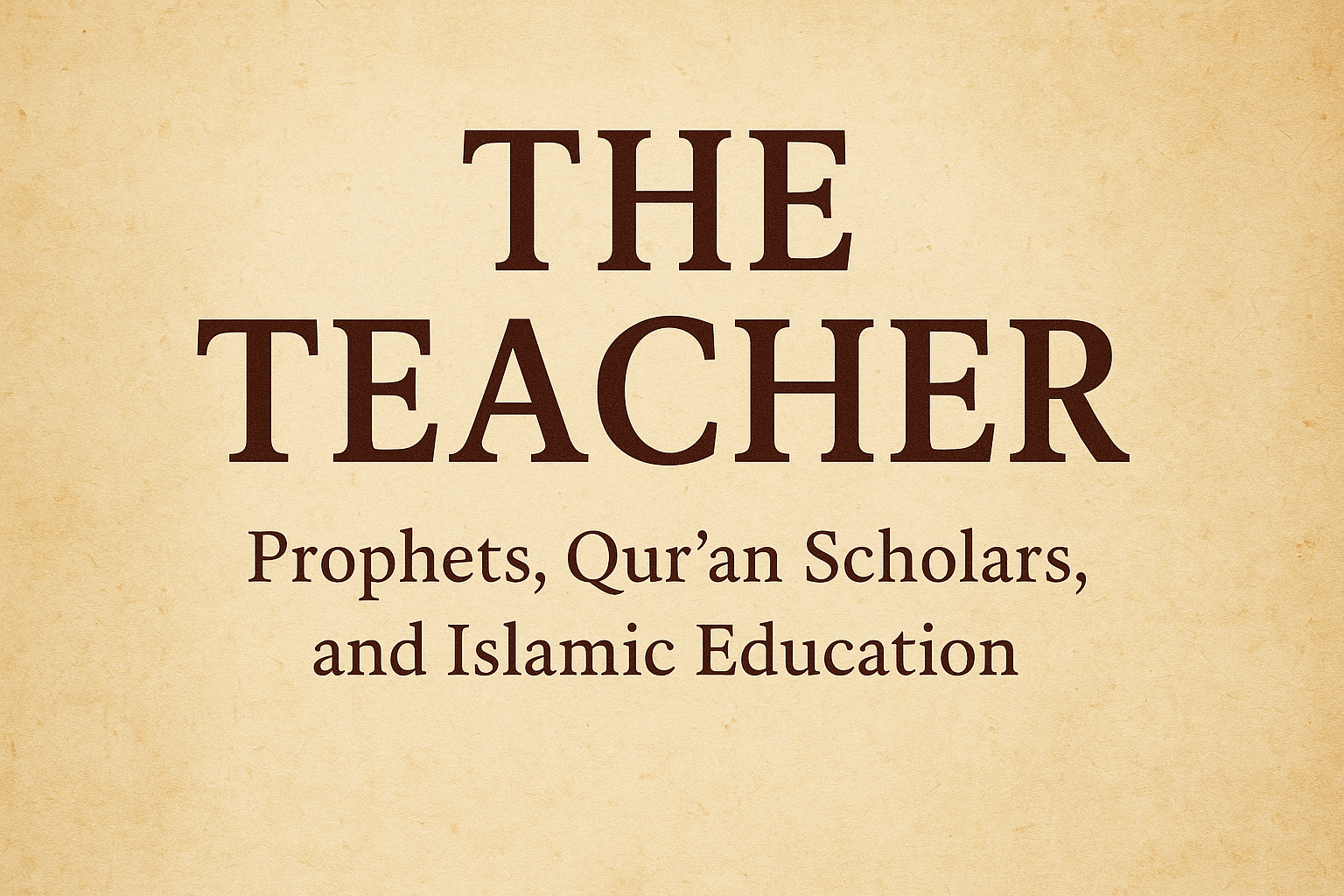
The Teacher -1
16 September 2025 -
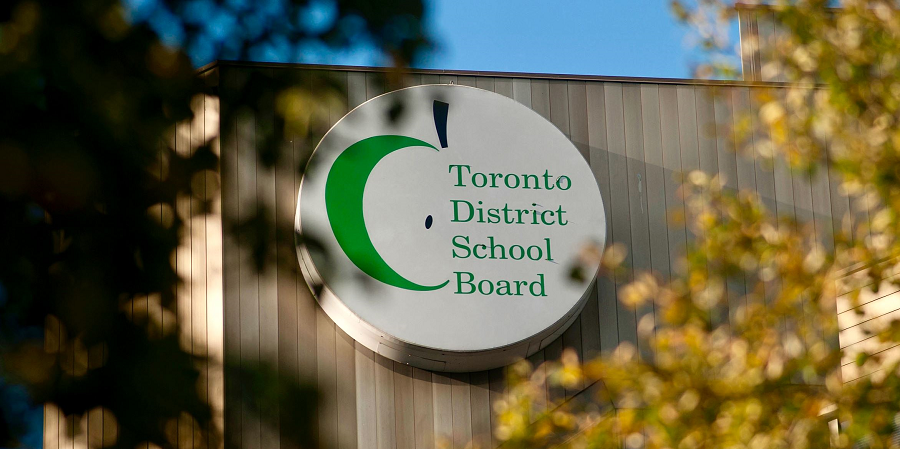
A Call to Slash Wasteful Spending in Ontario Public Schools and End Ideological Indoctrination
04 September 2025 -
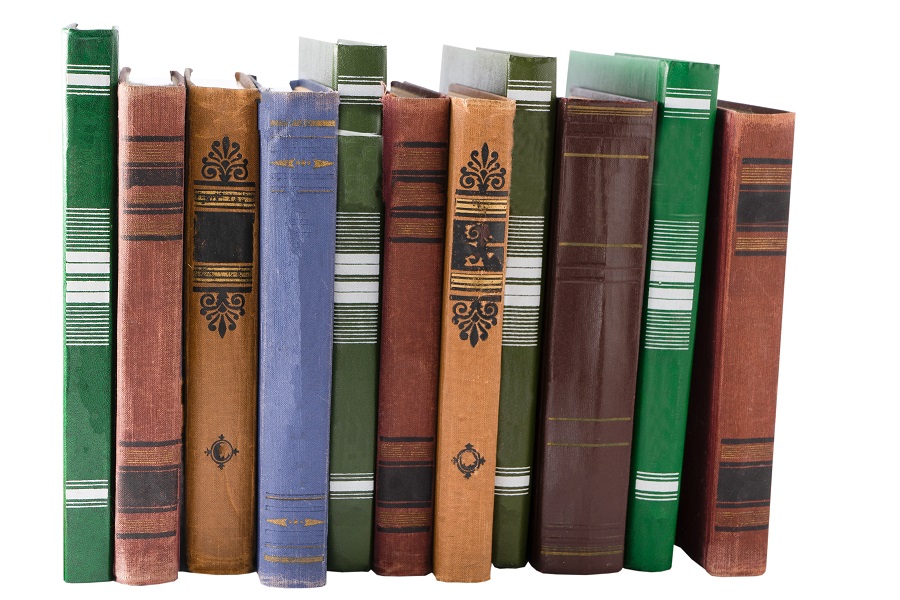
The Priorities of Education
19 August 2025 -
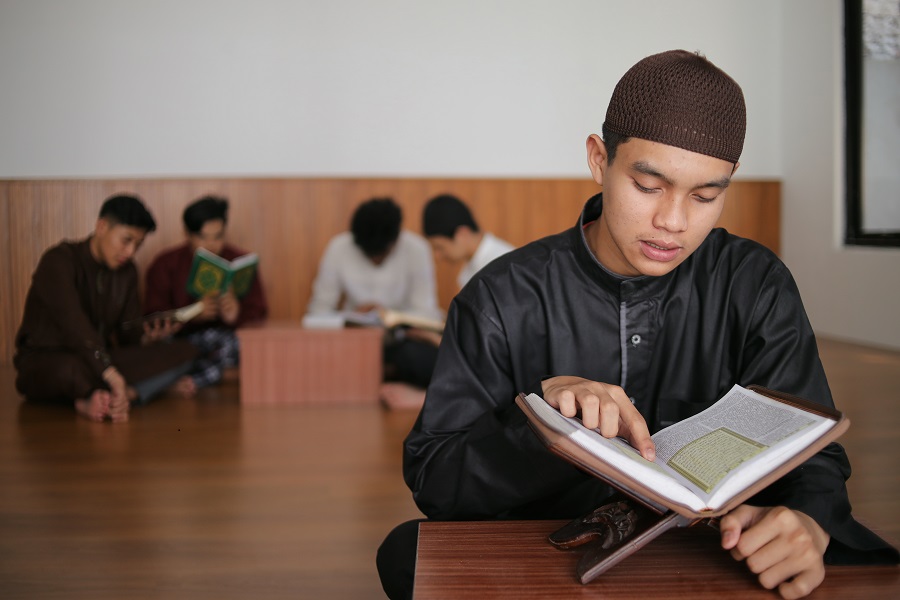
The Purpose and Objective of Education
12 August 2025 -
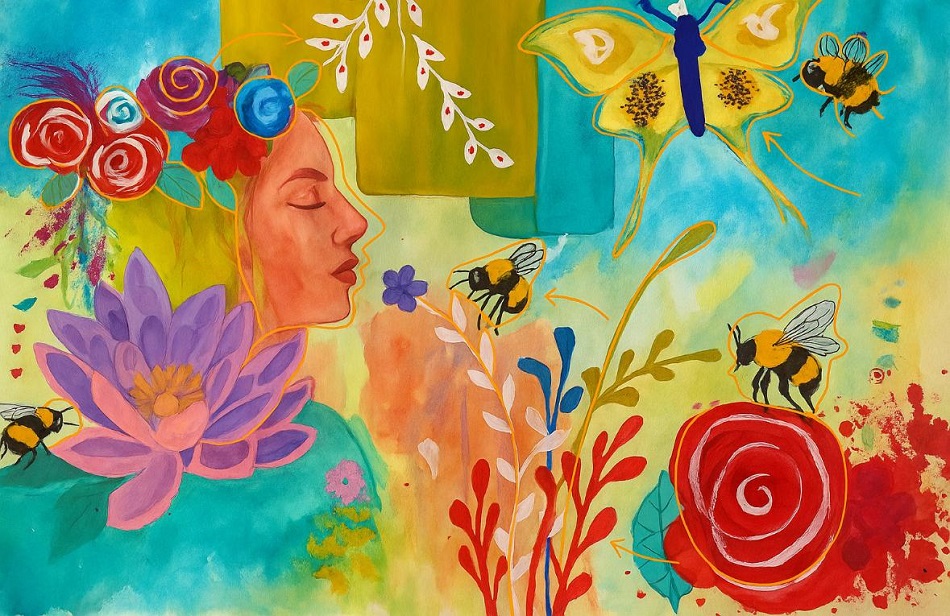
Embracing Autism is Embracing Your Child
07 August 2025 -

How to Start a Private School in Ontario, Canada
04 August 2025
